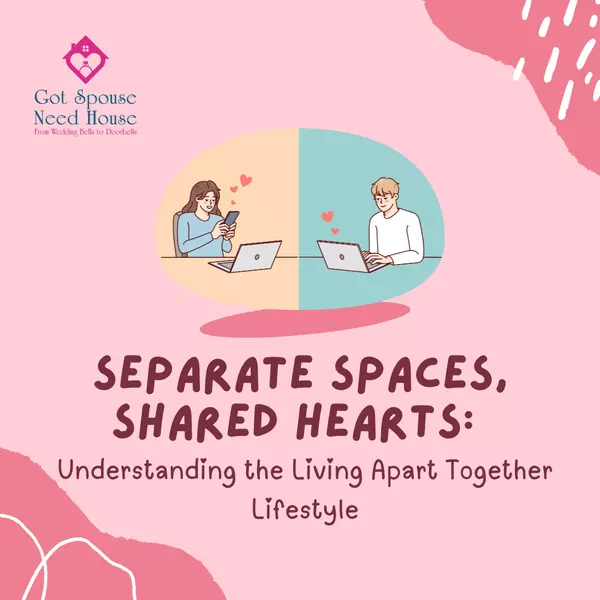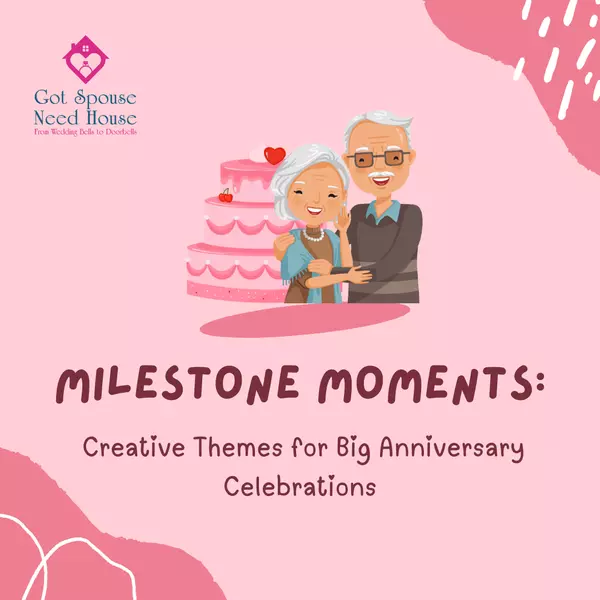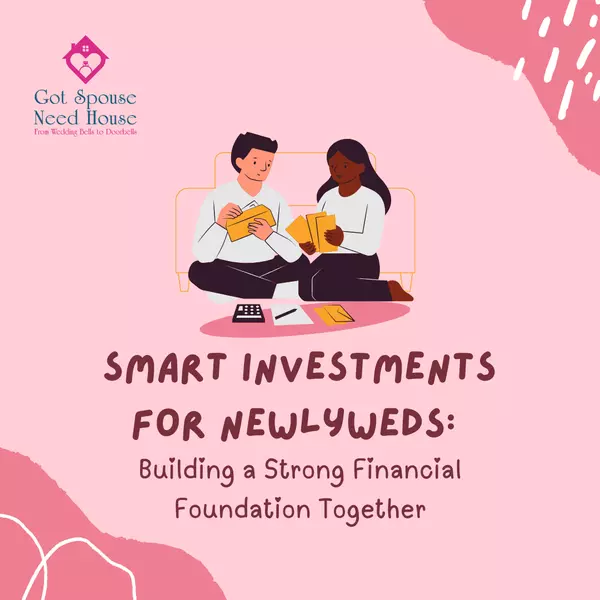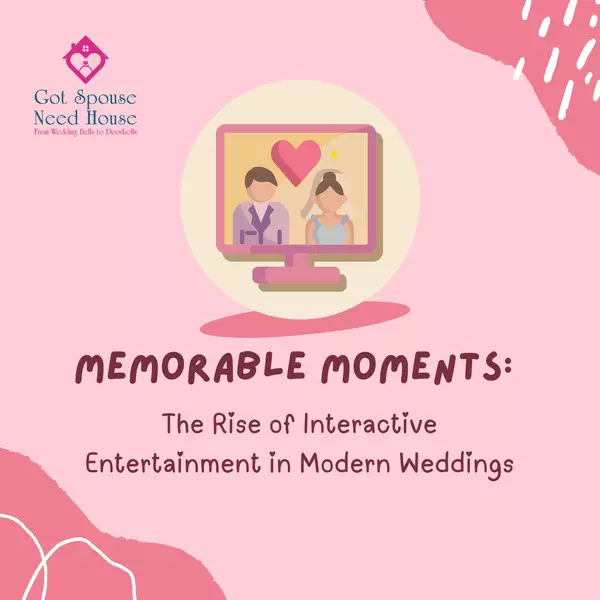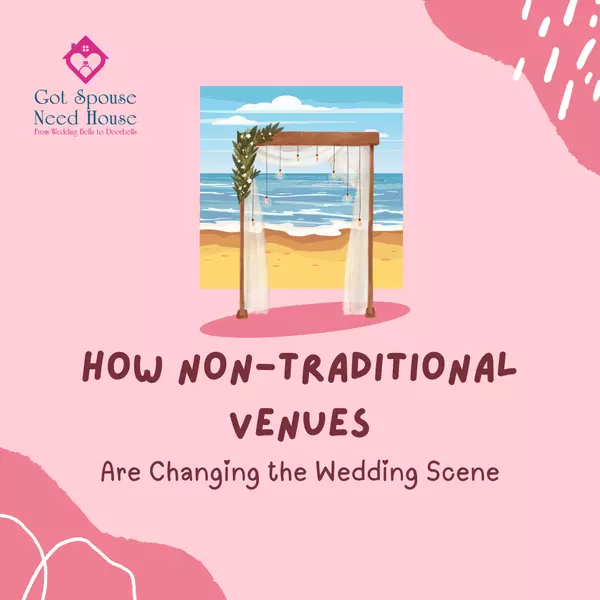From Texts to True Love: How Technology Shapes Modern Connections
In the sprawling digital age, technology has become the modern Cupid, revolutionizing the way people find, build, and maintain romantic relationships. The transition from handwritten letters and in-person courtship to instant messaging and virtual dates illustrates a profound shift in human connection. As the digital world continues to evolve, so too does the landscape of love, offering new opportunities and challenges for those seeking meaningful bonds.
The Evolution of Modern Romance
Centuries ago, romance unfolded through handwritten letters delivered by horse-drawn carriages or messengers. These carefully crafted notes captured emotions that often took weeks or months to be exchanged. Fast-forward to today, and the timeline for communication has shrunk to seconds. Technology has drastically accelerated how we interact, replacing the slow pace of traditional courtship with the immediacy of texts, video calls, and instant messages.
The early days of digital communication introduced tools like chat rooms and emails, which opened up new avenues for connection. Suddenly, people could converse across great distances, often forming bonds with individuals they might never have met otherwise. Chat rooms in the 1990s, for example, created virtual spaces where people could discuss shared interests and form relationships. While these tools lacked the sophistication of today’s platforms, they marked the beginning of a digital transformation in romance.
Online Dating: Swipe Right for Love
Perhaps one of the most significant technological shifts in modern romance is the rise of online dating platforms. Tinder, Bumble, Hinge, and a myriad of other apps have revolutionized how people meet. These platforms utilize algorithms designed to match users based on shared interests, values, and preferences, often distilled into a swipe-left or swipe-right interface.
The algorithm-driven nature of these platforms has sparked debates about compatibility and the quality of matches. On one hand, these tools can help users identify potential partners who align with their preferences. On the other, critics argue that the emphasis on superficial qualities, such as photos or short bios, can reduce the complexity of human connection to a transactional process. Nonetheless, millions have found love, companionship, or fleeting encounters through these apps, underscoring their profound impact on modern dating.
Virtual Communication: Strengthening Bonds Across Distance
In a world where globalization and remote work are the norms, long-distance relationships have become increasingly common. Virtual communication tools, including texting, video calls, and social media, play a vital role in maintaining these relationships. Couples separated by continents can share their day-to-day experiences, celebrate milestones, and even resolve conflicts in real time.
However, digital interaction comes with its own set of challenges. While texting and video calls can help bridge physical gaps, they lack the depth and nuances of face-to-face communication. Misinterpretations are common, and the lack of physical presence can sometimes create feelings of disconnection. Striking a balance between digital and in-person interactions is essential for fostering strong relationships.
Social Media and Its Role in Relationships
Social media platforms like Instagram and Facebook have become integral to modern relationships, serving as spaces to share milestones, celebrate anniversaries, and showcase affection. However, this constant connectivity comes with a double-edged sword. While sharing moments can strengthen bonds, it can also lead to comparisons, jealousy, and unrealistic expectations.
The pressure to maintain a “perfect” online relationship often distorts reality, creating an environment where couples feel compelled to curate their lives for public consumption. Additionally, the accessibility of past relationships and connections on social media can sometimes lead to conflicts, mistrust, or nostalgia that complicates current bonds. Navigating these platforms with care is crucial for maintaining a healthy relationship dynamic.
Love in the Era of AI and Chatbots
The emergence of artificial intelligence (AI) in the realm of relationships is an intriguing and controversial development. AI-powered companions, like chatbots designed to mimic human interaction, are becoming increasingly sophisticated. These tools can provide emotional support, simulate conversations, and even offer advice on navigating personal challenges.
While some view AI companions as a valuable resource for combating loneliness or exploring emotional vulnerabilities, others raise ethical concerns. The line between genuine connection and artificial interaction blurs, raising questions about the nature of love and authenticity. Moreover, reliance on AI for emotional fulfillment may hinder the development of real-world relationships, creating a paradoxical dependence on technology for connection.
The Psychology of Digital Love
Technology has profoundly influenced the psychological aspects of relationships, including attachment styles and emotional dynamics. The instant gratification of likes, messages, and notifications on social media platforms triggers dopamine-driven responses, creating a cycle of validation and dependence.
This cycle can shape how individuals perceive love and connection, sometimes fostering unhealthy attachment patterns. For instance, the constant need for reassurance through digital interactions can lead to anxiety or insecurity in relationships. Conversely, the ability to communicate instantly and share experiences in real time can enhance feelings of closeness and support. Understanding these psychological impacts is essential for cultivating healthy digital relationships.
Dating Apps Beyond Romance: Building Friendships and Networks
While dating apps were initially designed to foster romantic connections, many have expanded their scope to include friendships and professional networking. Platforms like Bumble BFF and Bumble Bizz allow users to form platonic relationships or connect with like-minded professionals.
This evolution highlights a broader shift in how technology facilitates human connections. By providing spaces for diverse interactions, these apps redefine relationships, emphasizing that meaningful connections extend beyond romance. For individuals in new cities or those seeking community, these tools offer invaluable opportunities to build networks and support systems.
Challenges in the Digital Love Era
Despite the many advantages of technology in modern relationships, there are significant challenges that accompany the digital age. Ghosting, catfishing, and the paradox of choice are prevalent issues in online dating. Ghosting—the sudden cessation of communication without explanation—has become a common phenomenon, leaving individuals with unanswered questions and emotional distress. Similarly, catfishing, where individuals create fake profiles to deceive others, undermines trust and authenticity.
The paradox of choice, driven by the seemingly endless pool of potential matches, can also hinder commitment. With so many options available, individuals may struggle to invest in one relationship, perpetually seeking the next “perfect” match. Additionally, the omnipresence of screens and digital distractions often detracts from genuine, in-person interactions, posing challenges for fostering deep, meaningful connections.
Conclusion: Balancing Technology and Authenticity in Love
In an era where technology permeates every facet of life, striking a balance between digital tools and authentic human connection is essential. To foster meaningful relationships, individuals should prioritize open communication, set boundaries for screen time, and focus on building trust and intimacy offline. While technology offers unparalleled opportunities for connection, it should serve as a complement rather than a replacement for genuine interaction.
The future of love in the digital age is undoubtedly complex, shaped by rapid advancements and evolving cultural norms. By navigating this landscape thoughtfully and embracing both the opportunities and challenges of technology, individuals can forge connections that are not only modern but also deeply meaningful.
Categories
Recent Posts

